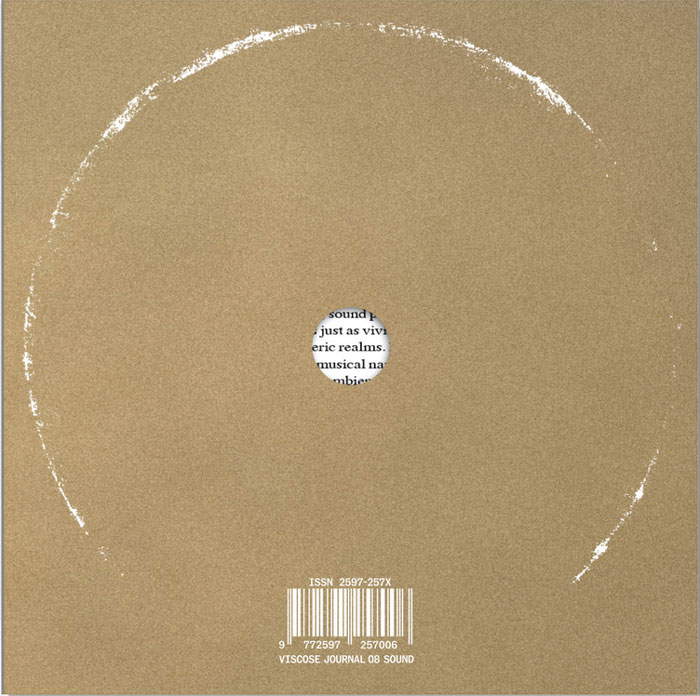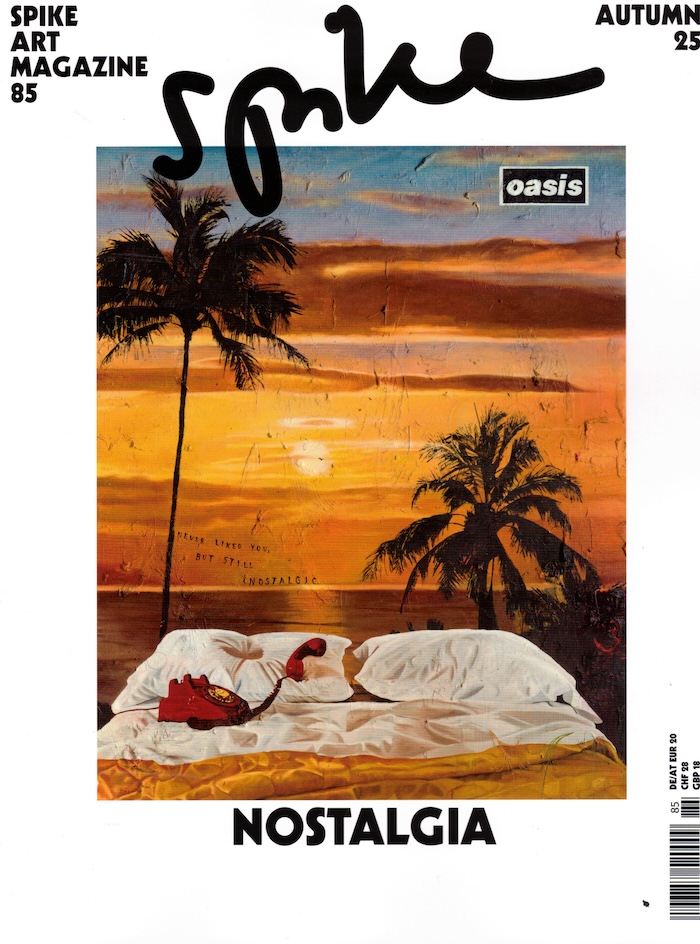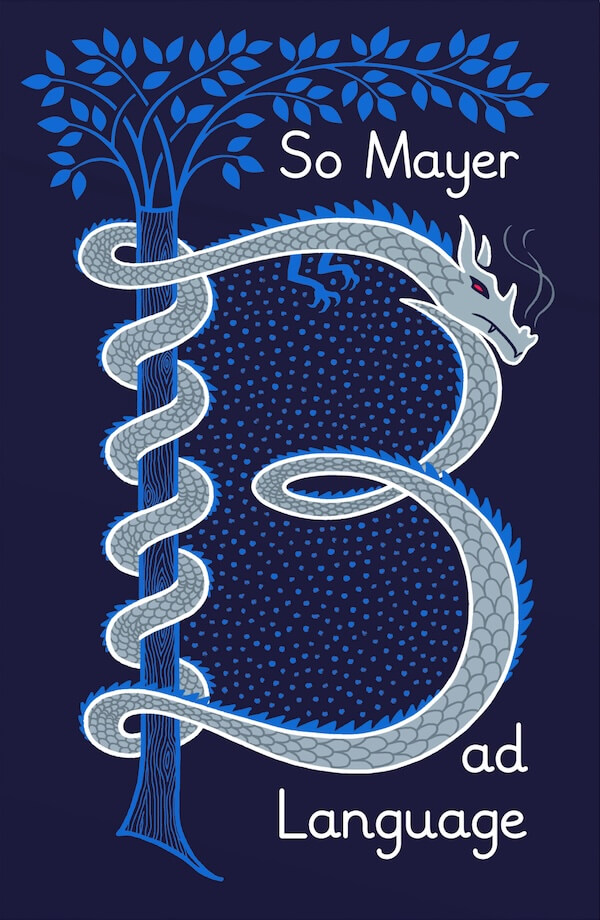
Viscose 05: Retail
Camila Palomino ed.
Viscose is a journal for fashion criticism. The fifth issue of Viscose explores fashion’s multifaceted retail spaces and cultures. With the evolution of shopping in the 20th and 21st centuries as its focus, the issue looks at the shop as a central nexus where communities and identities are continuously produced and re-imagined through commerce. With a special attention to the role of fashion retail within urban spatial politics, we seek out histories of projects—often developed with or by artists—that have embraced the shop as a medium of both possibility and contestation.
With contributions by:
Dennis Brzek, Anastasia Howe Bukowski, Michael Bullock, Felix Burrichter, Canal Street Research Association, Noah Dillon, Harun Farocki, Anna Franceschini, Ignacio Gatica, Christian Hincapié, Juje Hsiung, Jessica Kwok, Rhonda Lieberman, Matthew Linde, Marge Monko, Cheuk Ng, Luis Ortega, Camila Palomino, Andreas Petrossiants, Leah Pires, International Library For Fashion Research, Vésma Kontere Mcquillan (International Library For Fashion Research), Rose Salane, Alice Sarmiento, Museum Of Modern Shopping, Jeppe Ugelvig, Sean Vegezzi, Post Vsop, Evie Ward, Leah Weirer



.jpg)



